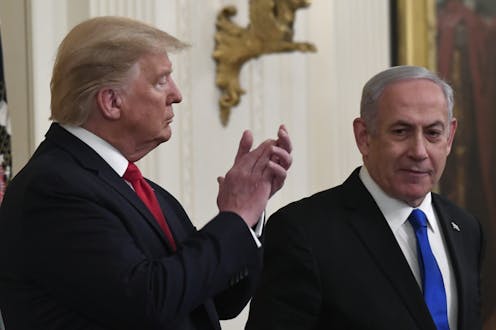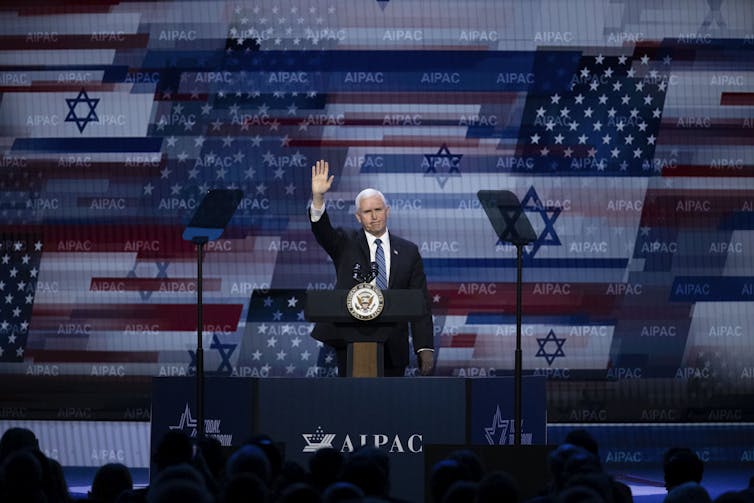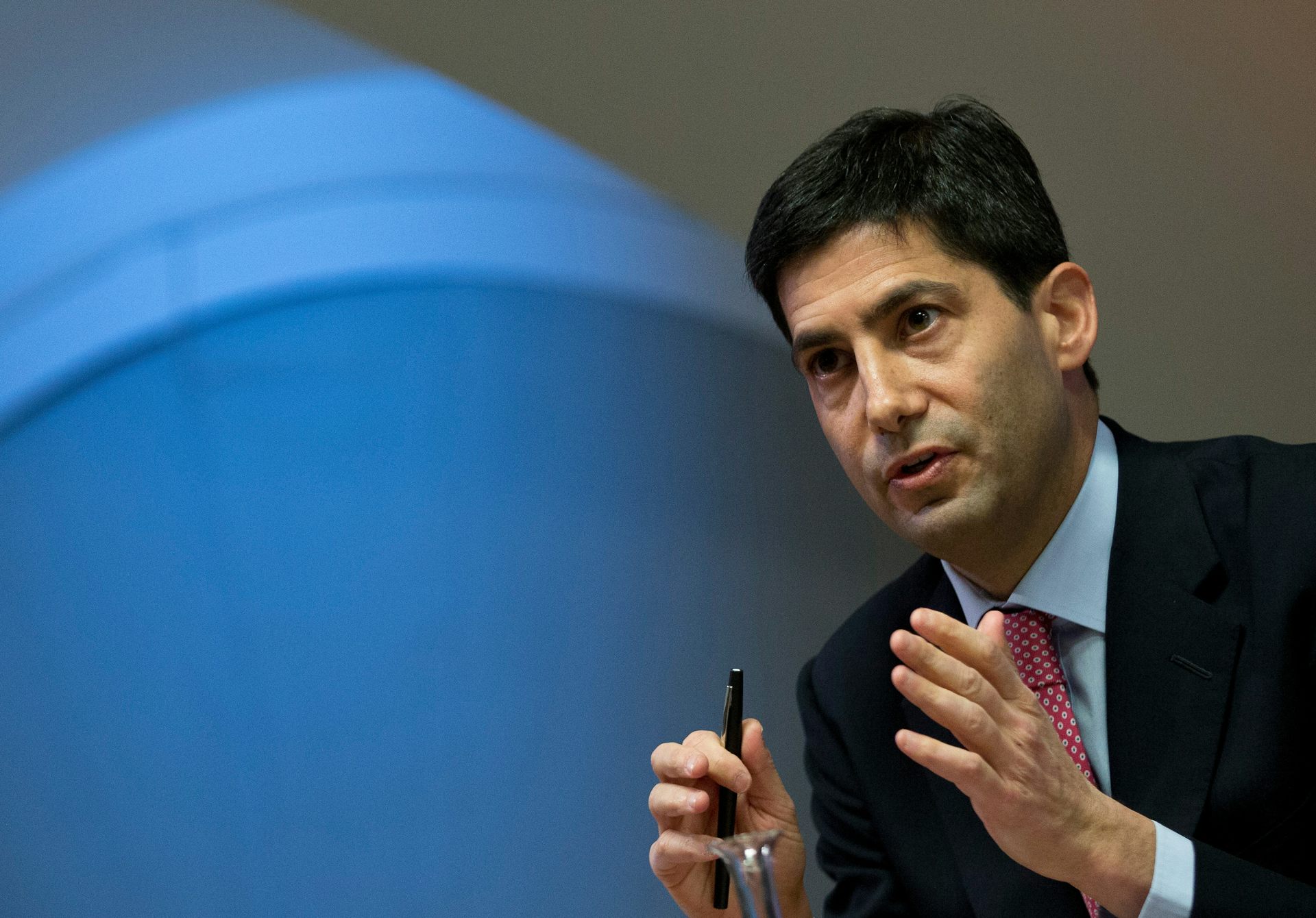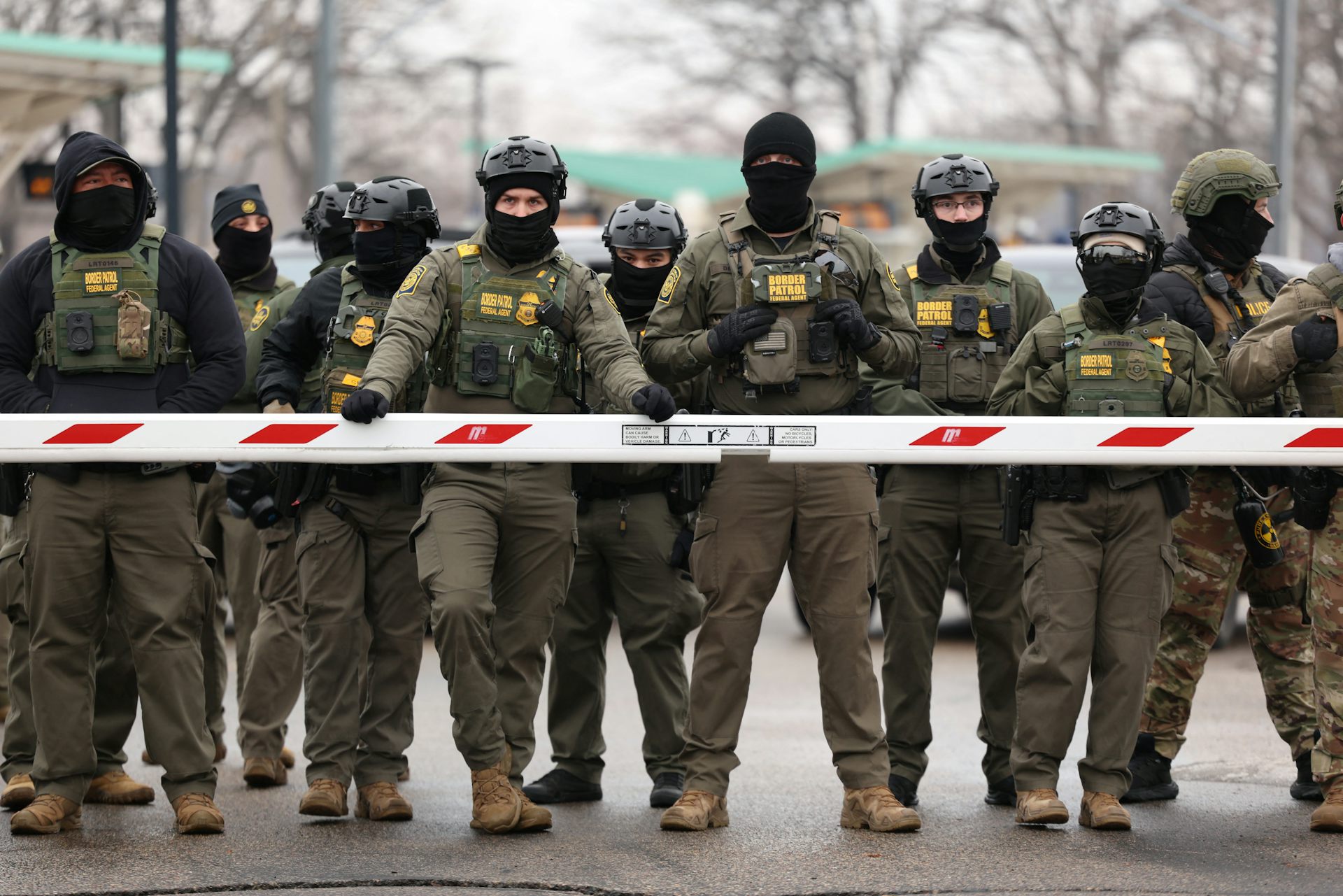Biden and Trump agree on strong US-Israel relations – Bernie, not so much
Bernie Sanders was an easy target for Trump's criticism on Israel. Joe Biden's emergence as the frontrunner may make U.S.-Israeli relations less of a campaign dispute.

President Donald Trump has claimed for himself the title of history’s most pro-Israel U.S. president, while characterizing his Democratic opponents as radicals seeking to destroy the special bond between the United States and the Jewish state.
“If you vote for a Democrat,” Trump recently said, “you are very, very disloyal to Israel and to the Jewish people.”
Joe Biden’s emergence as the all-but-official Democratic candidate, however, may have stymied attempts to frame the presidential election as a referendum on U.S. policy toward Israel.

Reality ‘complex’
In early March, Bernie Sanders was the Democrats’ frontrunner – and an easy target for the Trump campaign. He made a series of comments that many interpreted as threatening to the future of U.S.-Israel relations.
For instance, during the Democratic debate in South Carolina, Sanders said he would seriously consider reversing a decision Trump had made that was widely viewed as favoring Israel: moving the U.S. Embassy from Tel Aviv to Jerusalem.
That was the backdrop when Vice President Mike Pence recently urged the crowd at the American Israel Public Affairs Committee Policy Conference in Washington, D.C., to give his boss “four more years” for Israel’s sake. Sanders did not attend the conference, accusing the bipartisan AIPAC of providing a “platform” for “bigotry.”
“The most pro-Israel president in history,” Pence said, pitting Trump against Sanders, “must not be replaced by one who would be the most anti-Israel president in the history of this nation.”
But the reality of U.S.-Israel relations is far more complex. I’ve learned that during my dozen years of researching an illegal 1947-1949 operation by American World War II aviators who risked their lives and freedom to halt what they viewed as an imminent second Holocaust in the contested land that would become the state of Israel.
A look at the past
Whenever I screen my documentary, “A Wing and a Prayer,” or give a book talk, audience members express shock at the U.S. State Department’s efforts in the late 1940s to dismantle this operation and prevent the Jewish state’s creation.
Given the complicated roots of the two countries’ relations, Americans should not be surprised that the 2020 presidential elections have caused confusion about the future of U.S.-Israel relations.
On one side, new members of Congress Ilhan Omar of Minnesota and Rashida Tlaib of Michigan have been hypercritical of U.S. policies in the Middle East, specifically of what they view as the sidelining of the Palestinians.
Trump, on the other hand, clearly has warm feelings for Israeli Prime Minister Benjamin Netanyahu, who is currently under indictment for fraud and bribery.
By contrast, Biden served under Barack Obama, who repeatedly provoked Netanyahu’s ire by lamenting Jewish settlement expansion in the West Bank on land the Palestinians argue belongs to them.
Biden himself has also voiced frustrations with Netanyahu’s West Bank settlement expansion – and has continued attacking the prime minister, most recently for his pledge to annex the Jordan Valley, which is part of the disputed territories on which the Palestinians hope to set up their state.
Biden stands firm
The truth is that U.S.-Israel relations will most likely remain stable no matter who wins the presidency on Nov. 3. Biden has consistently expressed a commitment to maintaining strong ties with the Jewish state; he just disagrees with the current president on what that means in practical terms.
Yes, Biden stands to the left of Trump. But despite clashing with Netanyahu on settlements, he and the Obama administration bolstered strategic cooperation between the two countries. That included giving Israel its biggest-ever military-aid package: $38 billion over 10 years.
Even Biden’s thumbs up for his boss’s polarizing Iran nuclear deal came because he believed it benefited the Jewish state. Despite Netanyahu’s disparagement of the deal, many Israelis, including Efraim Halevy, former head of the Mossad, Israel’s national intelligence agency, shared the Obama administration’s view.
Addressing the AIPAC conference by video link, Biden warned that if Israel carries out Netanyahu’s new West Bank plans, it may lose young Americans’ support.
“We can’t let that happen,” Biden said. “We can’t let Israel become another issue that divides Republicans and Democrats. We can’t let anything undermine the partnership.”

Together, after all
U.S.-Israel relations have rarely played a major role in presidential elections because most candidates have generally agreed on the importance of the relationship. It has been decades since there was really a major disagreement about U.S. foreign policy toward Israel.
In the late 1940s, the British were relinquishing control of the territory of Palestine, and President Harry Truman and his State Department held different views of what should happen next. Truman’s administration voted for the United Nations proposal to split Palestine between the Arabs and the Jews, which passed 33-13 in 1947.
The State Department, however, opposed the Zionists’ push to establish a Jewish state, believing its creation would alienate Middle Eastern allies and lead to an all-out war that would provide the Soviet Union with an excuse to gain a foothold in the region.
State Department officials worked to reverse the U.N. partition plan and prevent Israel’s birth, including convincing Truman to impose an embargo on weapons sales to the Middle East. Egypt, Transjordan and Iraq, who opposed the establishment of the Jewish state, received weapons, equipment and training from the United Kingdom. The U.S. arms embargo severely limited how much help the Israelis could get.
The secret operation by American veterans that I have studied and documented helped Israel survive its first war, which began the morning after it declared independence. But for two decades, disputes among U.S. leaders kept the two countries from becoming strategic and military allies.
John F. Kennedy made the first meaningful overture when he sold Israel defensive weapons in the early 1960s. A decade later, Richard Nixon was the first to provide meaningful military aid: the U.S. arms airlift during the 1973 Yom Kippur War.
By then, the United States and the Jewish state were becoming best friends. They needed each other. Washington needed the Israelis to help protect American interests in the Middle East and provide intelligence on allies and foes alike; and the Israelis needed the Americans for strategic and military assistance, including access to advanced weapons.
Most Americans and Israelis believe they still do.
Their ties are almost certainly safe no matter who wins the presidential elections.
[You’re smart and curious about the world. So are The Conversation’s authors and editors. You can get our highlights each weekend.]
Boaz Dvir does not work for, consult, own shares in or receive funding from any company or organization that would benefit from this article, and has disclosed no relevant affiliations beyond their academic appointment.
Read These Next
US exit from the World Health Organization marks a new era in global health policy – here’s what the
The US will no longer participate in the WHO’s global influenza monitoring system – a shift experts…
3 things to know about Kevin Warsh, Trump’s nod for Fed chair
Trump’s pick to helm the Fed is well known in the financial world, but his monetary policy views have…
I’m a former FBI agent who studies policing, and here’s how federal agents in Minneapolis are underm
A policing scholar and former FBI special agent lays out the established principles of policing and…






